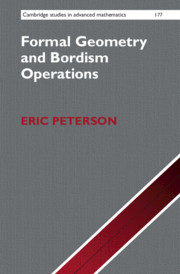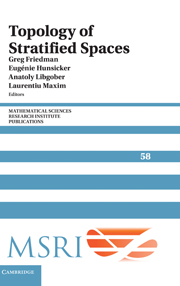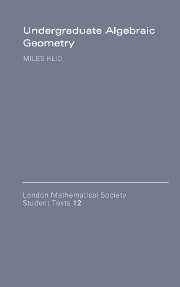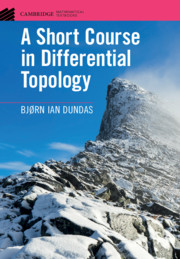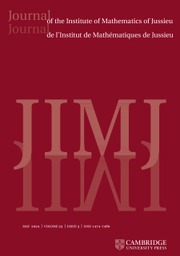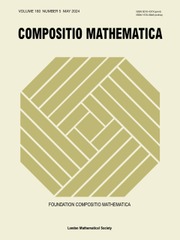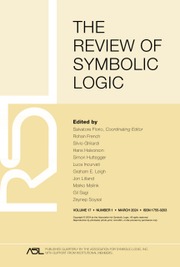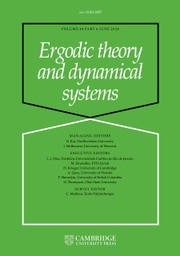Formal Geometry and Bordism Operations
This text organizes a range of results in chromatic homotopy theory, running a single thread through theorems in bordism and a detailed understanding of the moduli of formal groups. It emphasizes the naturally occurring algebro-geometric models that presage the topological results, taking the reader through a pedagogical development of the field. In addition to forming the backbone of the stable homotopy category, these ideas have found application in other fields: the daughter subject 'elliptic cohomology' abuts mathematical physics, manifold geometry, topological analysis, and the representation theory of loop groups. The common language employed when discussing these subjects showcases their unity and guides the reader breezily from one domain to the next, ultimately culminating in the construction of Witten's genus for String manifolds. This text is an expansion of a set of lecture notes for a topics course delivered at Harvard University during the spring term of 2016.
- Gives graduate students the necessary information to conduct their own research without having to search through the literature
- Covers a broad range of material, presented in a way that makes cross-referencing easy for readers
- Prepares readers for cross-disciplinary work by bringing together many different fields of mathematics
Reviews & endorsements
'It has a down-to-earth and inviting style (no small achievement in a book about functorial algebraic geometry). It is elegant, precise, and incisive, and it is strong on both theory and calculation.' Michael Berg, MAA Reviews
‘This book is likely to be quite useful to graduate students in algebraic topology. For years it has been an informal tradition for students of algebraic topology to teach themselves enough of the foundations of algebraic geometry to be able to translate between theorems about Hopf algebroids and theorems about algebraic stacks, and then to proceed to translate, as much as possible, calculations and theorems in algebraic topology into equivalent formulations in terms of moduli stacks of formal groups and related objects. This book does a great service to such students (and their advisors!), as it gives good answers to many of the questions such students inevitably ask.’ Andrew Salch, MatSciNet
‘The presentation is lucid, pedagogical, and also offers a fresh point of view on classical topics. It draws from several mostly unpublished sources, for instance Strickland’s manuscripts or various sets of notes by Goerss, Hopkins, and Lurie, and combines them in a single uniform treatment. Moreover, it contains a wealth of references to the published and unpublished literature that guides the interested reader to further topics that are only discussed in passing.’ Tobias Barthel, zbMATH Open
Product details
January 2019Hardback
9781108428033
418 pages
234 × 157 × 23 mm
0.79kg
15 b/w illus. 4 colour illus.
Available
Table of Contents
- Foreword Matthew Ando
- Preface
- Introduction
- 1. Unoriented bordism
- 2. Complex bordism
- 3. Finite spectra
- 4. Unstable cooperations
- 5. The σ-orientation
- Appendix A. Power operations
- Appendix B. Loose ends
- References
- Index.

